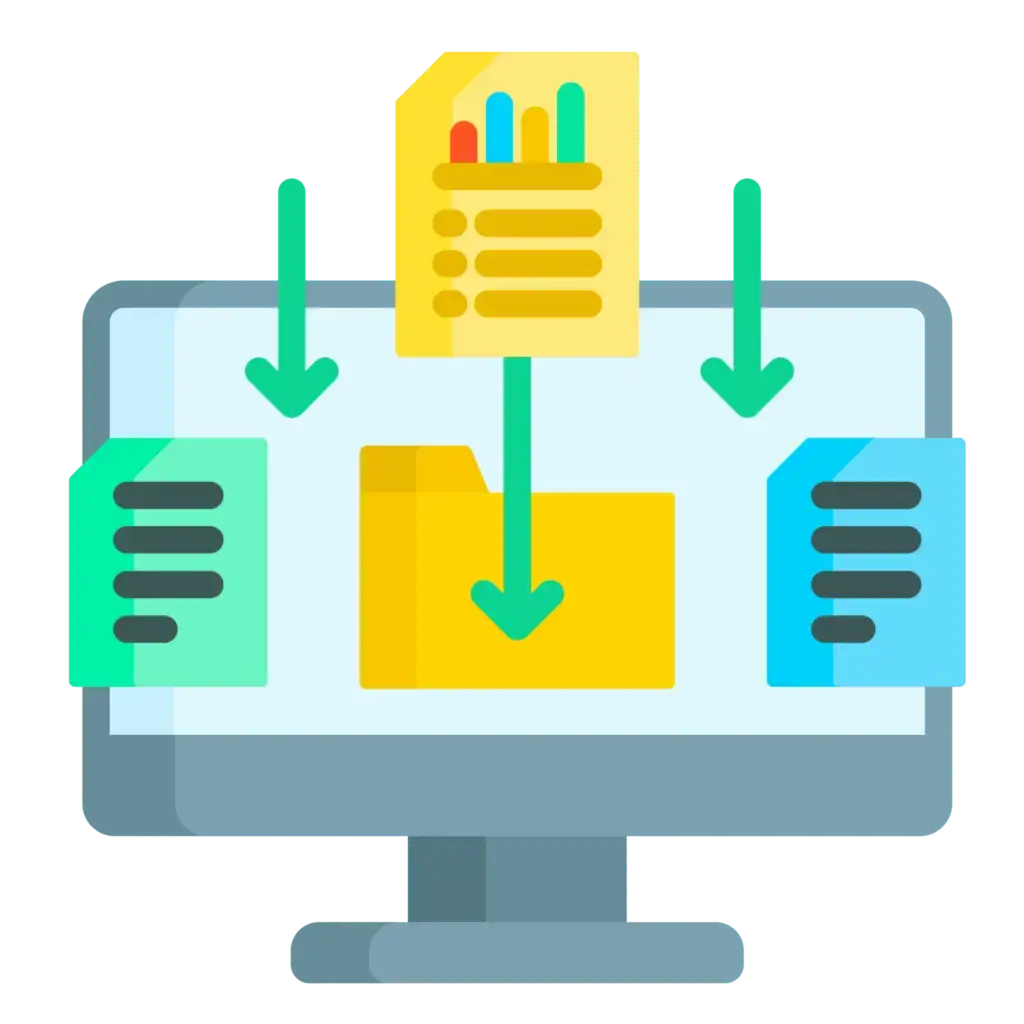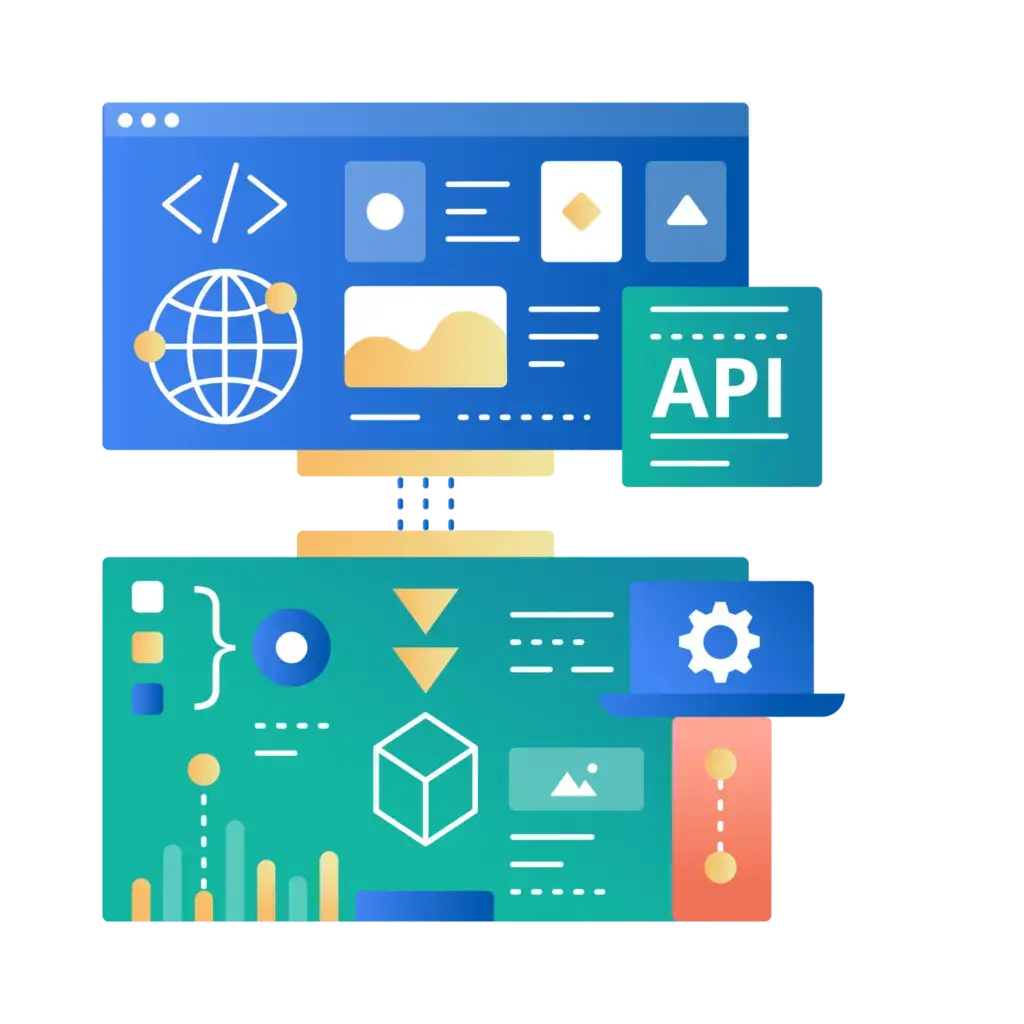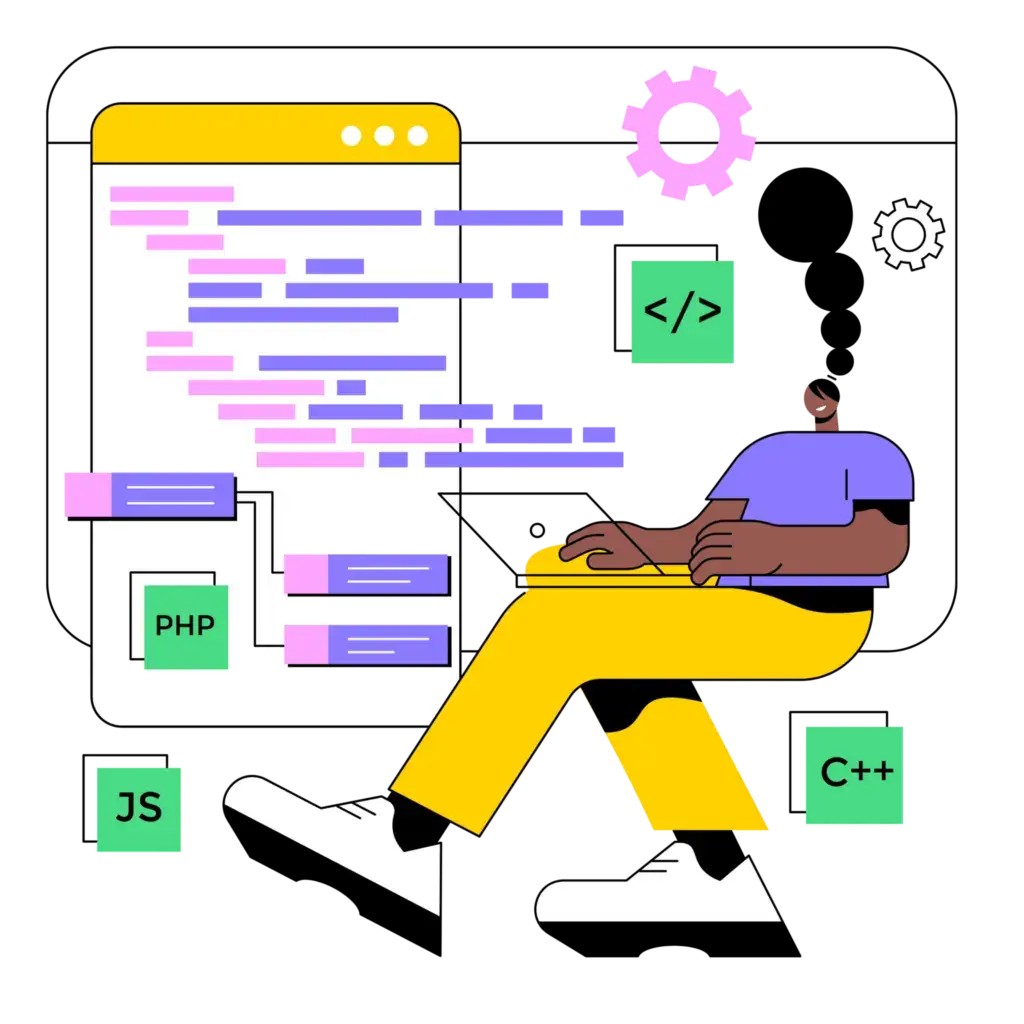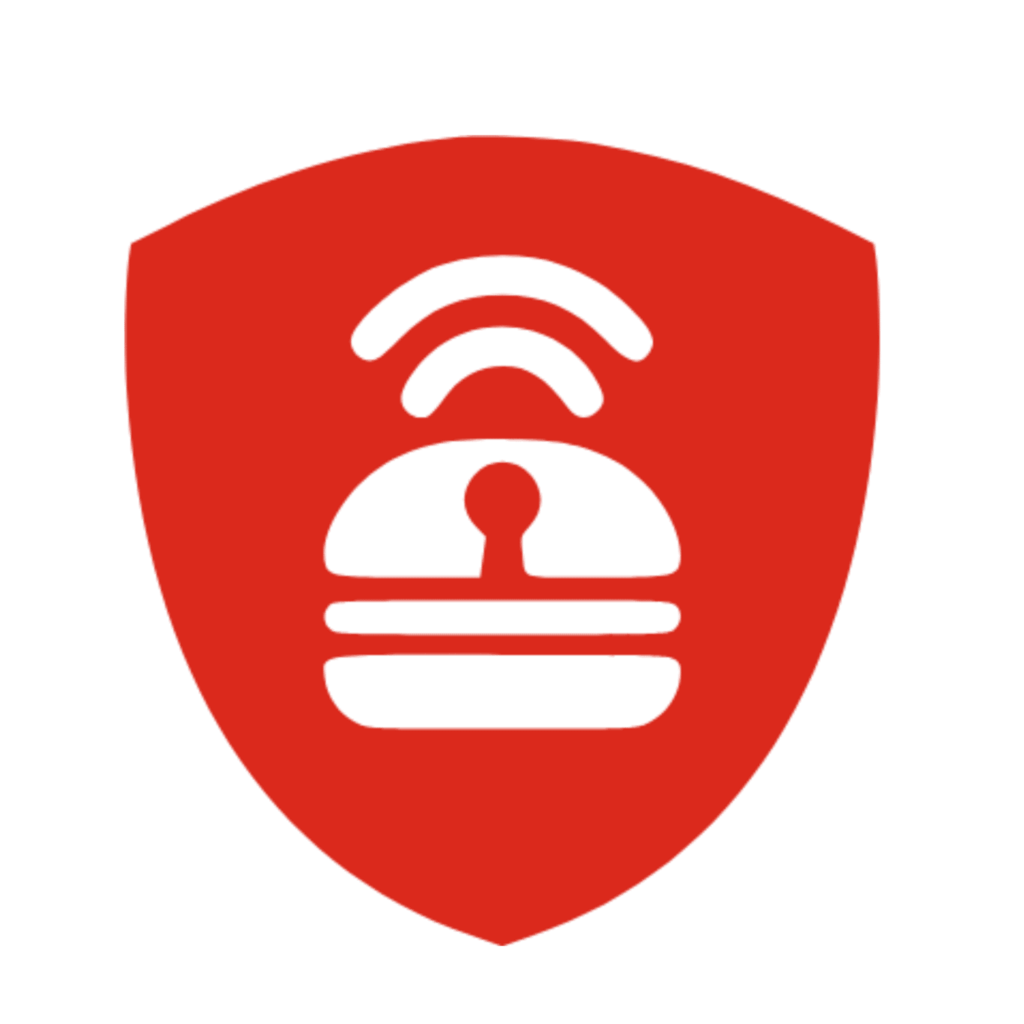As data mining becomes increasingly important in the business world, web scraping is a technique that can help you gather valuable information from websites and analyze it to gain insights. But what exactly is web scraping using API?
This blog will explore the ins and outs of web scraping, its benefits and disadvantages, and how it differs from API scraping. We will also dive into web scraping APIs, their usage, and why they are essential for data extraction processes. Additionally, we will cover some everyday use cases of web scraping APIs and how proxies can help with scraping.
By the end of this blog, you’ll better understand how to choose the best web scraping API for your business needs.

What is Web Scraping?
Web scraping is a method of extracting data from websites using automated software that saves the information in an organized format. It can be used for market research, lead generation, and price monitoring. However, complying with legal and ethical standards is crucial to avoiding potential implications.
Benefits of Web Scraping
Automating the data collection process is one of the main advantages of web scraping. It allows businesses to extract information from websites using automated software, saving time and effort. Web scraping can aid in market research, lead generation, price monitoring, and business intelligence. The technique uses web scrapers to efficiently collect and analyze large amounts of data. To ensure compliance with applicable laws and regulations, it is essential to use scraping responsibly.
Disadvantages of Web Scraping
However, there are certain disadvantages associated with scraping that need to be taken into consideration. One is the potential for legal and ethical issues due to non-compliance with website terms of service and privacy policies. Additionally, while web scraping is an automated process that extracts data from websites, it is important to use it responsibly. The process involves using software to collect and organize data from web pages but may also raise ethical and legal concerns. Hence, it’s essential to respect websites’ terms of service and privacy policies when performing this activity.

What is API?
API, or Application Programming Interface, is a set of tools and protocols for building software and applications. It enables different systems to communicate and share data. Web scraping through APIs involves extracting data from websites using an interface specifically designed for this purpose.
What is API Scraping?
API scraping is a technique to extract data from websites using APIs, which provide structured and organized data access. It is useful for extracting data from social media platforms and e-commerce websites.
Benefits of API Scraping
API scraping is an excellent way to extract data efficiently from websites using APIs. This method allows developers to access data in a structured and organized format. They can avoid errors with traditional scraping methods, making them more efficient in their tasks.
It’s essential to abide by website or application terms of service when using APIs to avoid legal issues. Nevertheless, API scraping proves a reliable data extraction method due to its structured nature and ease of use compared to other collection methods.
Build Your First Web Scraping Project
When building your first scraping project using an API, selecting a tool that supports APIs like JavaScript Object Notation (JSON) or Extensible Markup Language (XML) is important.
After selecting a tool and obtaining a key or access token from an API provider like Amazon or Google, identify the data to be scraped along with the required API endpoints without starting with ‘web scraping using api’.
Write efficient code that extracts and cleans your desired data. This process can involve parameters like headers, queries, or geolocation for more precise data collection.
Lastly, thoroughly test your scraping project before deploying it for real-time analytics or market research.
What is Web Scraping API?
A web scraper API is a tool that enables developers to automatically extract data from websites. It typically involves authentication and may have usage restrictions or fees. Popular options include Beautiful Soup, Scrapy, and Selenium.
Web scraping APIs simplify the process of extracting data from sites for developers, eliminating the need to write complicated code. Businesses use these APIs to gather insights and make informed decisions. Popular options include Apify, Scrapy, and Beautiful Soup.
Benefits of Web Scraping API
Web scraping API offers several advantages, making it an excellent choice for businesses and developers.
One can automate obtaining data without writing complex code using a scraping interface. The scraper extracts the HTML content and the CSS and Javascript rendering, making it easier to access real-time data.
Developers can access and extract data from websites through an API using programming languages such as Python, Ruby, or Java. APIs provide structured and organized data that can easily be integrated into applications or databases.
However, developers must respect website terms of service while using APIs ethically and responsibly. Furthermore, APIs often require authentication and may have usage limits or fees based on several parameters like rate limits per IP address/headers/geolocation/number of requests per set of rules, etc.
Data Extraction Process with Web Scraping API
API scraping enables the programmer to extract structured data from pages efficiently. The data extraction process with a web scraper interface involves accessing the server through an API call, passing necessary parameters like URLs or queries, headers, IP addresses, geolocation, etc.
The scraping API provides structured and organized data in real-time, making integration into applications or databases easier.
The use of proxies helps bypass rate limits imposed by websites that limit the number of requests that can be made in a certain period of time. JSON or XML is the best option, as the data’s structure remains intact while transferring over the HTTP protocol.
How to Choose the Best Web Scraping API?
When selecting a scraping API, prioritize one that offers the required data and has accessible features. Evaluate the provider’s dependability, uptime, and pricing to ensure affordability. Opt for an API with reliable customer support and detailed documentation.
Which API Data Format Is Best?
Choosing the best API data format depends on your unique requirements and choices. JSON is commonly preferred for its simplicity and versatility, while XML is prevalent in enterprise applications. Some APIs may also offer support for alternative formats like CSV or YAML.
JSON Vs. XML
When it comes to web scraping using APIs, one must choose between two popular formats: JSON and XML.
Although XML (Extensible Markup Language) is slightly more complex than JSON, it offers flexibility regarding custom tags and structure. JSON (JavaScript Object Notation) is a lightweight and simple format that most programming languages, including Python, can parse.
The choice between these two formats solely depends on the project’s specific requirements, such as the data structure that needs to be scraped.

API Architecture: The HTTP Protocol
API architecture forms the crux of scraping via APIs, which enables seamless extraction from multiple sources.
One key element of API architecture is the HTTP protocol, which enables effective communication between servers and clients. Understanding HTTP requests and responses is critical when working with APIs since authentication may be required or data access may be restricted.
Therefore, carefully reading the documentation becomes imperative while using APIs to scrape. Comprehending API architecture’s underpinnings ensures a better grasp of scraping tools, enhancing your ability to gather the requisite information smoothly.
HTTP protocol forms the foundation of data communication on the World Wide Web. It specifies the message format, transmission method, and actions for web servers and browsers in response to commands.
Using HTTP methods like GET, POST, PUT, and DELETE for retrieving data or updating resources is crucial. Knowledge of the HTTP protocol helps in building strong APIs with high-performance capabilities.
Everyday Use Cases of Web Scraping API
Businesses can significantly benefit from scraper APIs, as they offer numerous use cases.
One such case is market research, wherein data on market trends, consumer behavior, or competitor activities can be extracted using scraping APIs.
Lead generation is another popular application where businesses can obtain contact information from websites using these interfaces to generate leads for their sales and marketing teams.
Social media monitoring through these APIs helps monitor brand mentions and competitors’ activities on various platforms.
Other use cases include content creation by aggregating relevant data from diverse sources and price monitoring, through which e-commerce companies can adjust their pricing strategies based on competitors’ pricing data scraped using these interfaces.

IPBurger’s Proxies for Web Scraping
Proxies aid web scraping by masking your IP and location, enabling access to restricted sites. They also prevent detection and IP bans while making multiple requests. High-quality proxies from credible providers are crucial for successful web scraping.
IPBurger’s rotating residential proxies have proven to be a reliable solution for web scraping. Our large pool of IP addresses allows for seamless and uninterrupted scraping sessions. These proxies are modifiable, meaning users can customize settings to suit their needs.
Additionally, IPBurger offers 24/7 customer support to ensure that our clients’ scraping needs are met efficiently. Partnering with a credible proxy provider is vital for businesses leveraging scraper APIs for various use cases.
Summary
Scraper APIs have revolutionized how businesses extract data for various use cases. However, high-quality proxies from credible providers such as IPBurger are crucial to ensuring uninterrupted and successful scraping sessions.
Their web scraping proxies are reliable for masking your IP and location while making multiple requests without detection or bans.
With our customizable settings and user-friendly client interface, IPBurger is an excellent partner for businesses leveraging scraping APIs for lead generation, social media monitoring, content creation, price monitoring, and more.
FAQs
How is API used for web scraping?
APIs can be used for web scraping in a number of ways. For example, many websites offer APIs that allow developers to access and extract things directly from the site’s database without navigating through the website’s user interface.
Developers may also use third-party APIs specializing in web scraping and data extraction. These APIs often provide tools and services for accessing and extracting data from multiple websites simultaneously, making collecting large amounts quickly and efficiently easier.
Is web scraping API legal?
In general, web scraping itself is not illegal, but it is important to ensure that you comply with all relevant laws and regulations regarding data privacy and intellectual property rights. Some websites may have service terms or other agreements prohibiting web scraping or using their data without permission.
Do you need API for web scraping?
Yes, APIs are often used for web scraping, as they allow developers to access and extract data from websites in a structured and efficient way. However, there are also other methods of web scraping that do not involve using APIs, such as screen scraping or HTML parsing.



